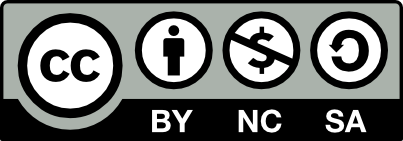Jak skutecznie dzielić się wiedzą na temat zwalczania terroryzmu? Wnioski, dobre praktyki i zalecenia NATO DEEP eAcademy
cytuj
pobierz pliki
RIS BIB ENDNOTEWybierz format
RIS BIB ENDNOTEData publikacji: 08.10.2024
Terroryzm – studia, analizy, prewencja, 2024, Numer 6 (6), s. 531 - 539
https://doi.org/10.4467/27204383TER.24.035.20255Autorzy
How to efficiently share counterterrorism knowledge? Lessons learned, best practices and NATO DEEP eAcademy recommendations
Experience in recent years, including intense technological development and the COVID-19 pandemic, has led to an increased interest in web-based training. E-learning allows learners to absorb knowledge at a pace that is tailored to their abilities and teachers to be more flexible in their delivery. The same circumstances that have created new forms of learning and working in a technologically developed society have triggered the rise of hybrid threats and given terrorists modern tools. In response to this trend the North Atlantic Alliance established, among others, NATO DEEP eAcademy – an entity from the sphere of education and training, whose task is to develop optimal solutions for implementing the assumptions of NATO Defence Education Enhancement Programme, i.e. a programme supporting the transformation of the military education systems of NATO partner countries. The director of this institution, Prof. Piotr Gawliczek, talks about what NATO DEEP eAcademy offers these countries and the Polish contribution to this project.
Informacje: Terroryzm – studia, analizy, prewencja, 2024, Numer 6 (6), s. 531 - 539
Typ artykułu: Inne o charakterze niecytowalnym
Tytuły:
Polskie Towarzystwo Bezpieczeństwa Narodowego
Polska
NATO DEEP eAcademy
Publikacja: 08.10.2024
Status artykułu: Otwarte
Licencja: CC-BY-NC-SA

Udział procentowy autorów:
Informacje o autorze:
Korekty artykułu:
-Języki publikacji:
AngielskiLiczba wyświetleń: 62
Liczba pobrań: 32